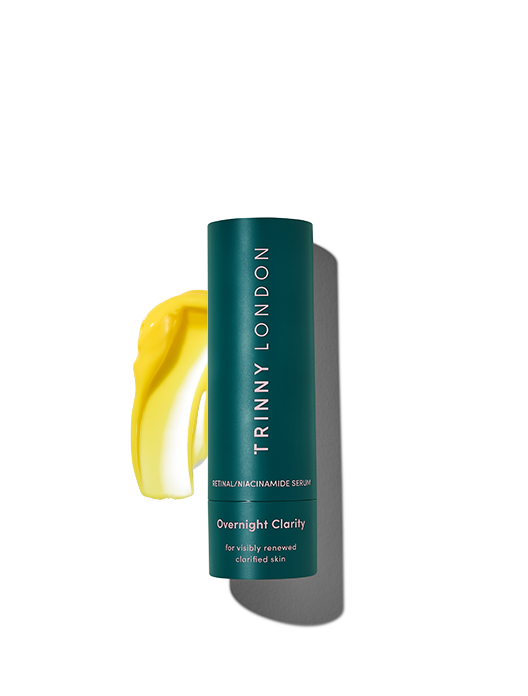
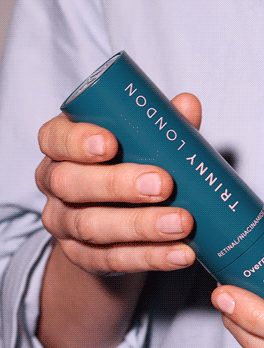
Overnight Clarity
Retinal/niacinamide serum for visibly smooth, even skin, suitable for all skin types
Choose 3 free samples with every order

During the menopause, our skin can change in a number of different ways.
You might have heard of hyaluronic acid as a much-lauded skincare ingredient. It’s what scientists call a humectant, meaning it has the ability to draw in, and hold onto, moisture. It’s very good at it too, with a single molecule of hyaluronic acid able to hold up to 1000 times its own weight in water.
What you might not know is that hyaluronic acid is naturally present in our bodies, with over half existing in the skin. Its role here is to maintain hydration, as well as assist in the making of collagen. But as we hit the menopause, hyaluronic acid is no longer in such an abundant supply. “At the time of menopause there is a significant loss of hyaluronic acid, an important part of skin hydration,” explains consultant dermatologist Dr Justine Hextall. “Some studies suggest that at this time there may be up to 40% loss.”
We put a huge amount of emphasis on how our skin looks, but it’s important to remember that its first, and most vital function, is to act as a barrier. The outermost layer plays the biggest role in this, and relies on lipids, such as ceramides, to keep it structurally sound and help it retain water. Picture it as a brick wall. The skin cells are the bricks, and the fatty acids are the mortar holding them together.
“As we approach menopause we lose some of the fats in our skin that seal the skin barrier, such as ceramides,” says Dr Hextall. “As we lose these fats, the skin becomes drier and its ability to retain water reduces. This dry, compromised skin barrier can become irritated and sensitive.”
It is estimated that we lose around a third of our collagen during the menopause. This important protein sits in the dermis levels of the skin and is what gives your face its lovely plump, pillowy texture. Think of it as the cushioning inside a mattress. Without as much collagen in place, skin loses its bounce and can start to appear slack, with fine lines and wrinkles.
Noticed that your skin tone has changed, becoming redder? You’re not imagining it. “Facial redness at the time of menopause is a common issue,” explains Dr Hextall. “Firstly, as hormones change at this time, the skin pH changes too. A change from the naturally acidic, healthy barrier leaves skin drier, with increased water loss. The loss of fats also often leaves skin dry and irritated. Individuals start to notice that skin is more sensitive, and sometimes thread veins start to appear. In addition, menopause is a common time to present with rosacea.” All in all, it’s unsurprising many of us experience redness and skin flushing around this time.
Closely connected to skin redness is the most commonly known menopause symptom: hot flushes. “These may start at the time of peri-menopause,” says Dr Hextall. “They occur when blood vessels in the skin dilate, increasing blood flow in the area which creates heat and redness. Researchers believe that this vascular shift is due to changes in neurotransmitter activities that are not fully understood, occurring in response to erratic hormone levels.”
It is very possible that any skin changes you experience during the menopause will retreat as your hormones start to slip back into a rhythm. But if that’s not the case, there are things you can do to help support it. Regardless, taking the time to re-access your skin’s needs and how you’re caring for it is always a worthwhile exercise.
We have established that hyaluronic acid levels dwindle around the time of menopause, so there’s a good case for topping them back up in serum form. However, there is one small caveat. If your hyaluronic acid has nowhere to draw water from, it can take this from the deeper levels of your skin – drying it out further. “To counter this I always recommend applying to damp skin and applying a light moisturiser on top,” advises Dr Hextall. “This seals hydration in the skin and gives it that calm, hydrated, dewy appearance.”
If the outermost barrier of your skin is compromised, much-needed moisture can escape, and nasties, like pollution, can easily make their way in – driving irritation. “Always be looking to support and restore the skin barrier with ingredients such as niacinamide, hyaluronic acid, glycerin, ceramides and shea butter,” says Dr Hextall.
Surging hormones aside, over-using exfoliating acids and retinoids can also disrupt the skin barrier. Instead of overwhelming the skin with a vast array of ingredients applied daily, introduce new products slowly and one at a time. This will not only help to ensure the skin doesn’t become irked in the process, but make it easier to see which products are really working.
Sunbeams might feel glorious on your skin, but the knowledge that UV rays are responsible for the majority of accelerated ageing goes some way to taking the shine off.
To keep your skin protected, and avoid undoing the good work you’re doing with your other skincare, make sure you’re wearing a broad-spectrum sunscreen with at least SPF 30 every single day. Many of us skip sun protection during the winter months, believing we’re not at risk, but UVA rays can penetrate through glass and clouds and are present all year round.
To help replenish lost stocks of key protein collagen, consider incorporating retinoids or peptides into your routine. Retinoids help to make the skin behave more like its younger self, speeding up cell turnover and kickstarting the dwindling production of collagen. Sensitive skin may find these potent actives hard to tolerate, in which case peptides are perfect. They work like messengers in the skin, encouraging it to make more collagen. If you want to really supercharge their effects use retinoids and peptides in tandem.
Concerns about our skin should never be considered trivial, and can have a real impact on self-esteem. If you are finding this, or any other symptoms associated with the menopause difficult to deal with, make an appointment to discuss this with your doctor. They will be able to explain to you the different treatment options available, and may prescribe Hormone Replacement Therapy (also known as HRT).
Around the time of menopause our lifestyle really starts to show on our complexions. It’s not so easy to hide the signs of poor sleep or a boozy evening, nor do we bounce back as well as we once did.
“If I was to nominate one lifestyle change to help with the menopause it would be to look carefully at alcohol habits,” advises Dr Hextall. “Many of my patients notice that it is after drinking alcohol that symptoms seem worse including hot flushes, anxiety and sleep issues. I would look to have several days free of alcohol during the week and limited intake at weekends. Anecdotally, when my patients do this the benefits seem really significant.”
“Other lifestyle changes that can help include avoiding spicy foods and smoking. Gentle exercise and weight loss help, as do methods to reduce stress including yoga and meditation.”
A good skincare routine is always the basis of great skin, but in-clinic treatments (also known as tweakments) will take it one step further. Dr Hextall would recommend the following based on key skin concerns:
IPL is good if there are thread veins and sunspots to treat as well as stimulating the production of collagen
Microneedling can be combined with hyaluronic acid and vitamin C to brighten and hydrate the skin
Photo Fractional Laser and Nano Fractional Laser will help skin tone, texture and support collagen and elastin
Hyaluronic acid injections will help with hydration
Shop the article


Retinal/niacinamide serum for visibly smooth, even skin, suitable for all skin types
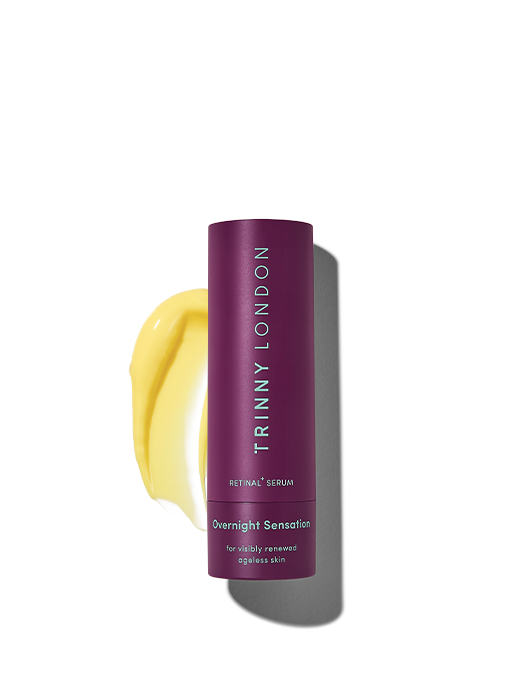
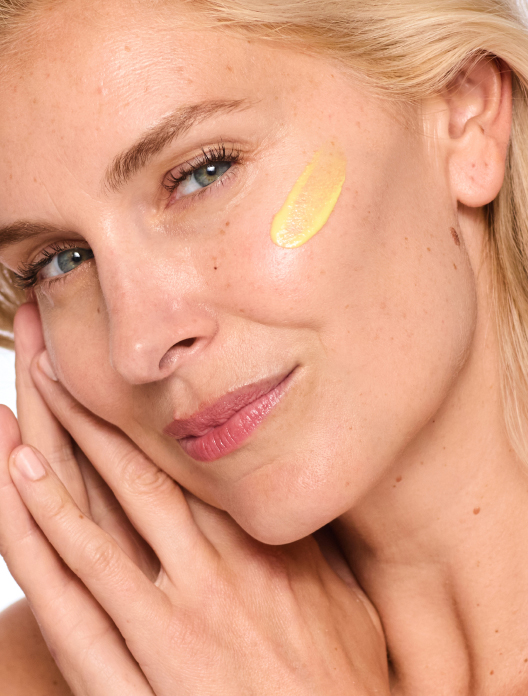
High-dose retinal serum for renewed, smooth skin, suitable for all skin types
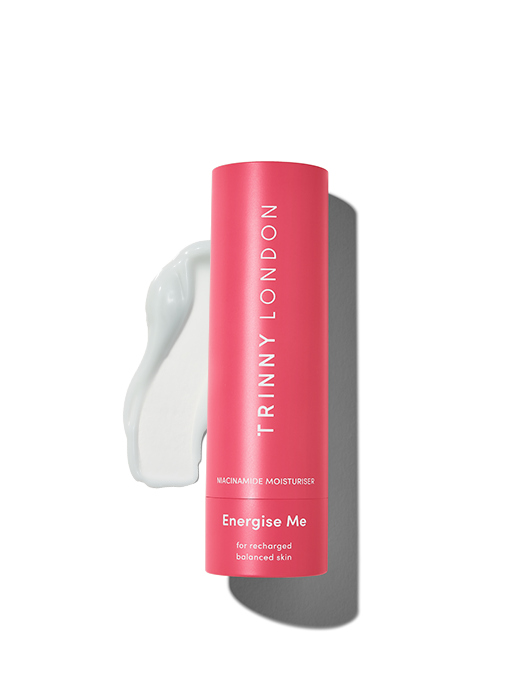
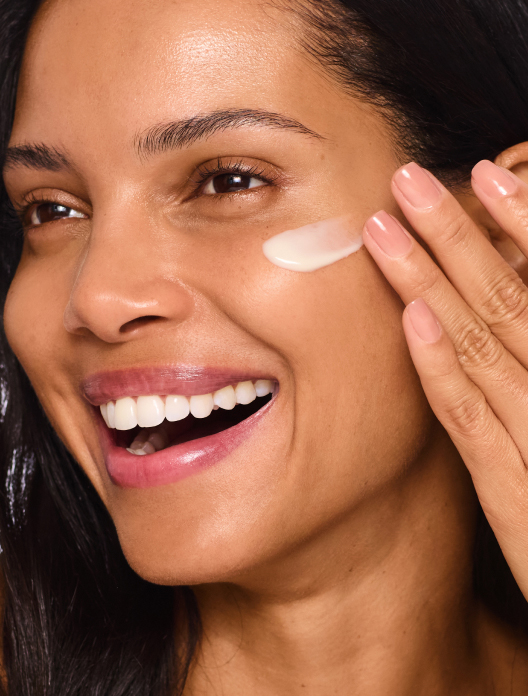
Niacinamide moisturizer mini for clear, energized skin, suitable for normal to oily skin
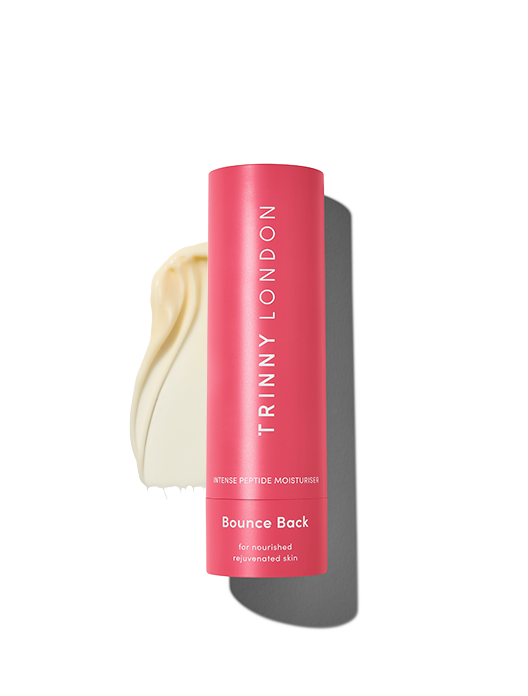
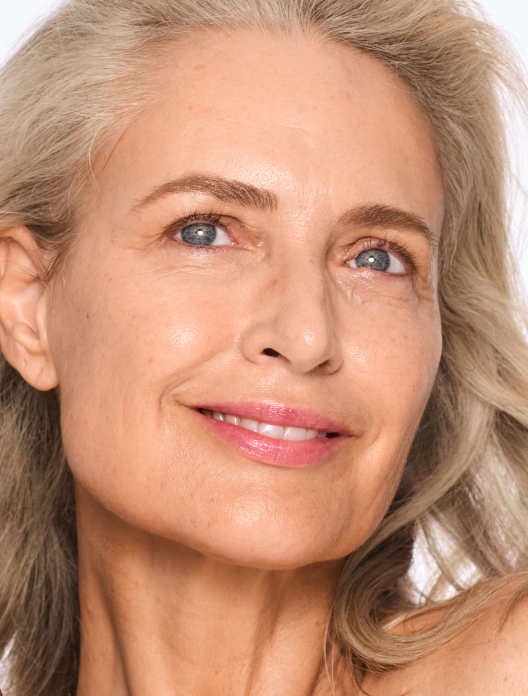
Intense peptide moisturizer for plump, bouncy skin, suitable for normal to dry skin
Read, watch and be inspired...